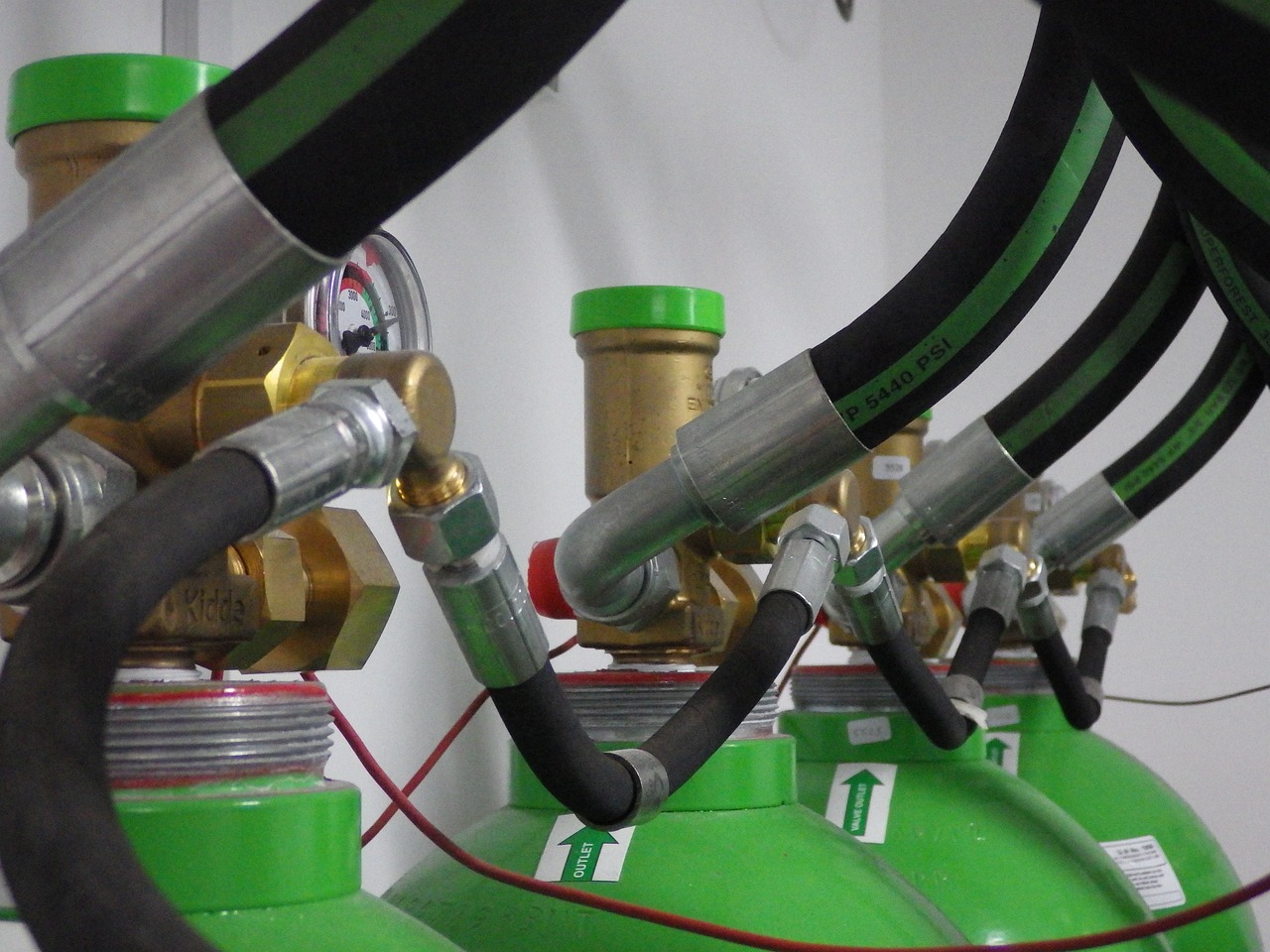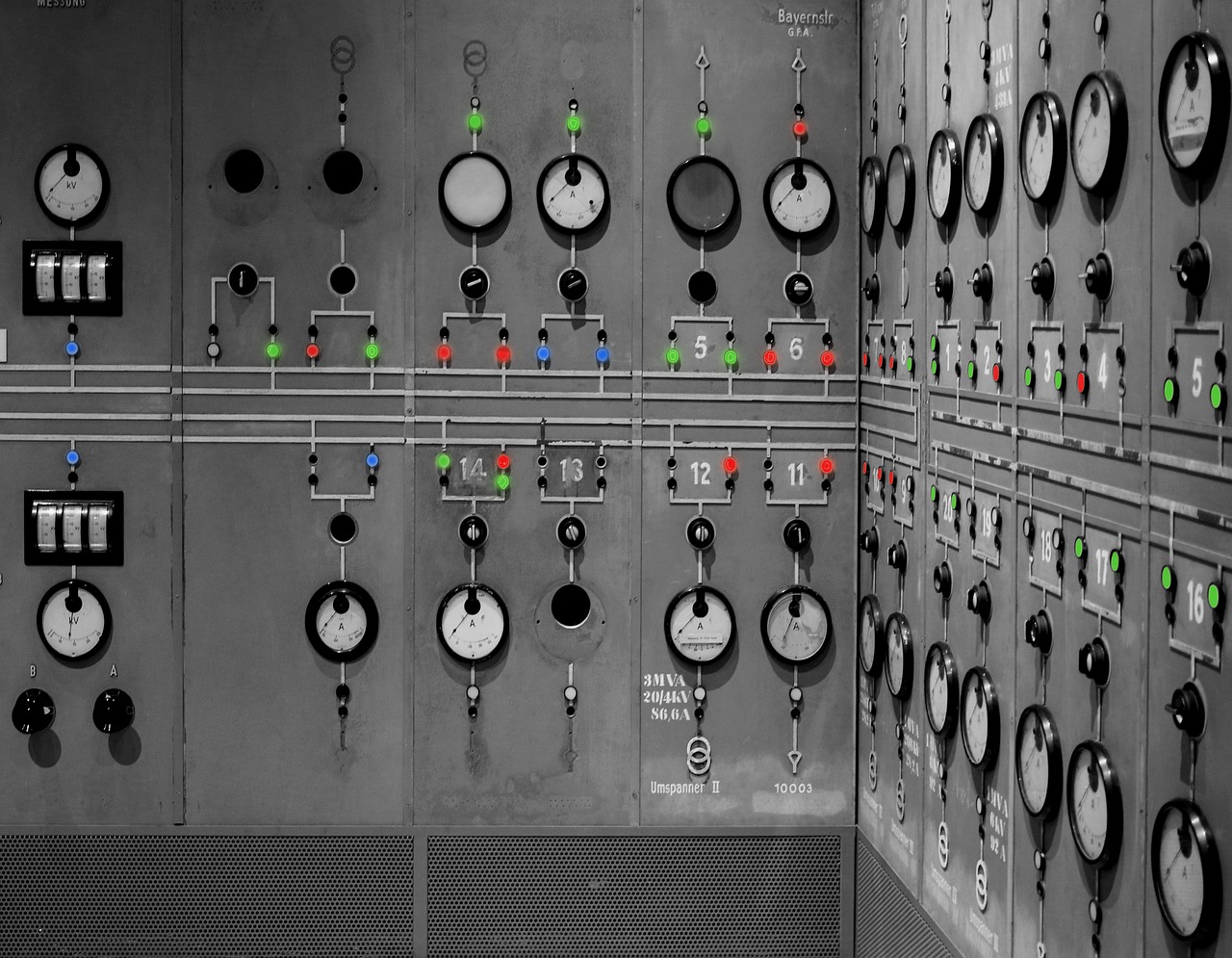摘要:本文深入解析了三星EVO和QVO两款存储产品的区别。从数据设计方面来看,二者在性能、寿命和价格等方面有所不同。EVO以其高速读写能力和出色的性能表现受到用户青睐,而QVO则注重大容量和稳定性。本文旨在帮助消费者更好地理解两款产品的特点,以便根据自身需求做出明智的选择。
Title: The Difference between Samsung EVO and QVO: An Insightful Analysis into Data Design
In the fast-paced world of technology, storage solutions are becoming increasingly important, especially in the realm of solid-state drives (SSDs). Samsung, a leading manufacturer in this field, offers two notable SSD series - EVO and QVO - each with its own unique features and data design. This article aims to delve into the differences between the two, providing an insightful analysis of their data design and performance capabilities.
1、Introduction to Samsung EVO and QVO SSDs
Samsung EVO and QVO SSDs are both reliable and high-performance storage solutions. However, they differ in terms of their target audience, usage scenarios, and data design.
EVO SSDs are designed for mainstream users who demand high-speed storage for their computers, laptops, and other devices. They offer balanced performance for a wide range of applications, including gaming, multimedia, and general computing tasks.
QVO SSDs, on the other hand, are targeted at power users who require massive storage capacities along with high performance. They are designed to handle heavy workloads, such as video editing, large-scale data processing, and server applications.
2、Data Design Differences
The data design of EVO and QVO SSDs differs in several aspects, including capacity, performance, and endurance.
a. Capacity
Samsung EVO SSDs offer a range of capacities to cater for different needs. They come in capacities that are suitable for laptops, desktops, and other devices. However, QVO SSDs provide much higher storage capacities, making them ideal for applications that require large amounts of data storage.
b. Performance
In terms of performance, EVO SSDs offer balanced read and write speeds that are sufficient for most applications. They provide quick system boot-up times and rapid application load times. QVO SSDs, on the other hand, offer even higher read and write speeds, making them suitable for heavy workloads that require high-speed data access.
c. Endurance
Endurance refers to the SSD's ability to retain performance over time. EVO SSDs are designed to maintain their performance even under heavy usage, while QVO SSDs are built to endure even heavier workloads over extended periods.
3、Technical Specifications (Assuming the given number 28.49.35 refers to a specific model or set of models)
When it comes to specific technical specifications, let's assume the number 28.49.35 refers to a particular model or range of models within the EVO and QVO series. In this case, detailed specifications would include things like interface type (e.g., SATA or NVMe), capacity (e.g., 500GB, 1TB, or higher), sequential read/write speeds, random read/write speeds, and other relevant parameters. It is important to note that these specifications may vary across different models within the same series.
4、Conclusion
Overall, Samsung EVO and QVO SSDs offer different solutions for different usage scenarios. EVO SSDs cater to mainstream users who need high-speed storage for their devices, while QVO SSDs are designed for power users who require massive storage capacities along with high performance for heavy workloads. The data design of these two SSD series differs in terms of capacity, performance, endurance, and other technical specifications. Understanding these differences can help you choose the right storage solution for your needs.
转载请注明来自河北鑫泽润管道装备制造有限公司,本文标题:《三星EVO和QVO的区别,深入解析数据设计_英文版28.49.35》







